Introduction to Fish DWG Blocks in AutoCAD
Fish DWG blocks are essential elements in the CAD libraries of engineers, architects, and landscape designers. Integrating accurate fish CAD blocks into your AutoCAD projects enhances the detailing and realism of aquatic, landscape, and environmental designs. This micro post explores the relevance of fish DWG files, their applications, and best practices for utilizing fish CAD blocks efficiently.
Importance of Fish CAD Blocks for Engineering and Architectural Projects
Incorporating fish in AutoCAD drawings is crucial for projects involving ecological, environmental, or aquatic features. Fish DWG blocks are widely used in designs for public aquariums, water parks, natural history museums, and landscaping projects with ponds or lakes. Accurate fish CAD blocks help engineers and architects:
– Visualize aquatic environments effectively.
– Communicate design intent to clients and stakeholders.
– Ensure spatial accuracy for installations or exhibits involving aquatic life.
Fish DWG files are also valuable for educational and scientific illustrations, supporting biodiversity studies and aquatic habitat planning within urban or natural contexts.
Applications of Fish DWG Files in CAD Design
1. Landscape Architecture
Fish CAD blocks are commonly integrated into landscape architecture drawings to represent ponds, lakes, or river features. AutoCAD users utilize fish DWG blocks to enhance the presentation of garden ponds, wetland restorations, or urban green spaces with aquatic life.
2. Aquarium and Exhibit Design
Designing public aquariums or museum exhibits often requires detailed CAD drawings with accurate representations of fish. Fish DWG files help designers visualize tank layouts, plan species distribution, and coordinate with biological consultants, ensuring both aesthetic appeal and biological compatibility.
3. Environmental Engineering
Environmental engineers use fish CAD blocks to illustrate habitat restoration projects, fish passage structures, or ecological impact studies. Fish DWG files support technical documentation and regulatory submissions, providing a clear depiction of proposed aquatic interventions.
Best Practices for Using Fish CAD Blocks in AutoCAD
To maximize the utility and effectiveness of fish DWG files in AutoCAD, consider the following best practices:
a. Use Scalable and Layered Fish DWG Blocks
Choose fish CAD blocks that are fully scalable and organized into logical layers. This allows for easy resizing and layer management, ensuring that your AutoCAD files remain organized and efficient.
b. Maintain Realistic Proportions and Orientations
Select fish DWG blocks that accurately reflect the proportions and orientations of real fish species. This enhances the technical accuracy of your CAD drawings and supports clear communication with project stakeholders.
c. Optimize File Size
Efficient fish DWG files should be lightweight to prevent bloating your AutoCAD project. Remove unnecessary details or unused layers from fish CAD blocks to keep your drawing files manageable.
d. Consistent Annotation and Tagging
Label fish CAD blocks consistently with species names or identification codes. This helps in documentation, cross-referencing, and future revisions of your CAD projects.
Downloading High-Quality Fish DWG Blocks
Accessing reliable fish DWG files is crucial for professional CAD workflows. Look for DWG libraries that offer:
– High-resolution fish CAD blocks in multiple views (top, side, and sectional).
– Compatibility with current and legacy AutoCAD versions.
– Properly attributed and royalty-free fish DWG files for commercial use.
Always verify the technical quality of fish CAD blocks before integrating them into large-scale projects to ensure precision and compliance with industry standards.
Conclusion
Fish DWG blocks are indispensable assets for CAD designers, engineers, and architects working on aquatic, environmental, or landscape projects. By leveraging high-quality fish CAD blocks, professionals can improve project visualization, technical accuracy, and client communication. For optimal results, prioritize scalable, realistic, and well-organized fish DWG files, and source your CAD blocks from reputable libraries. Incorporate these best practices into your AutoCAD workflow to create compelling and technically robust aquatic designs.
Please log in or register to download this file.


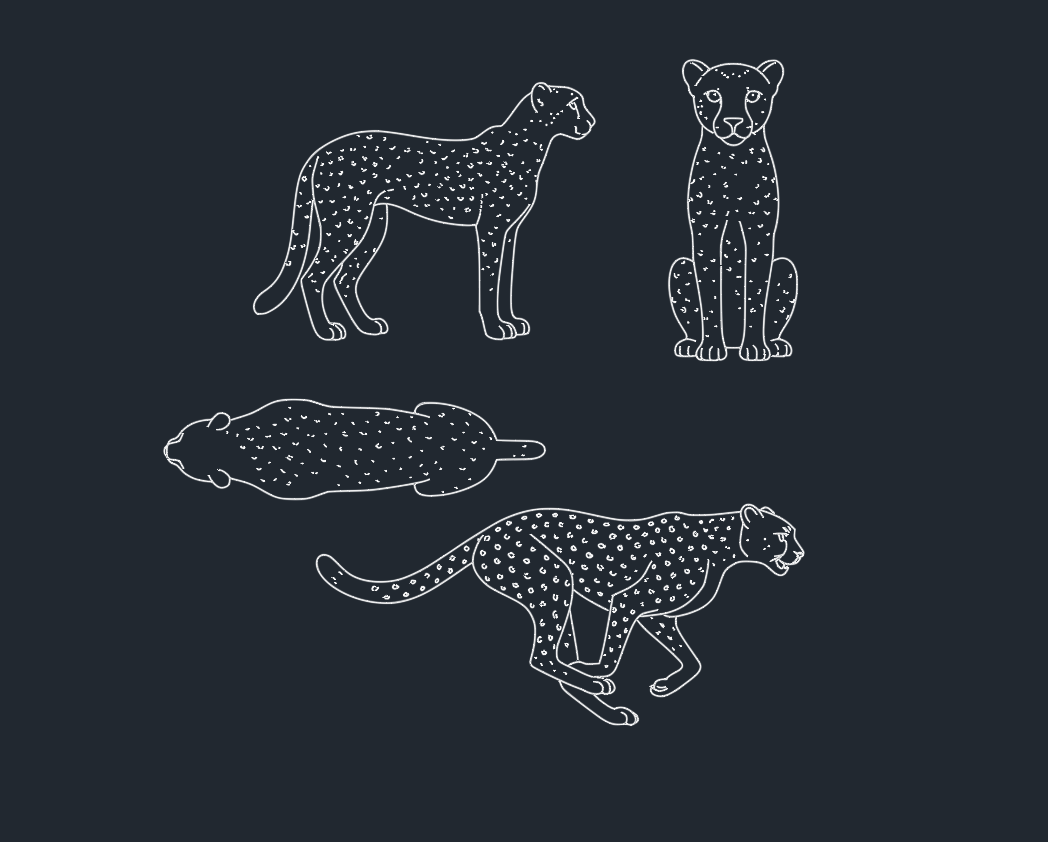
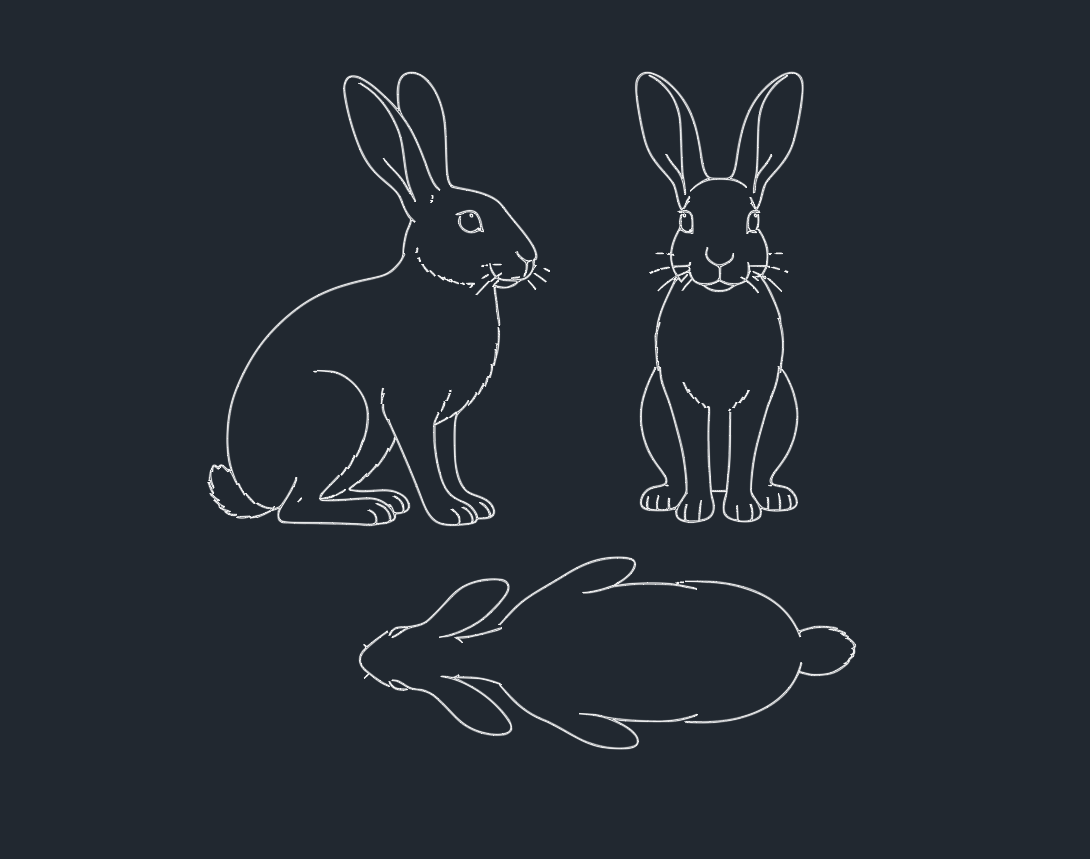
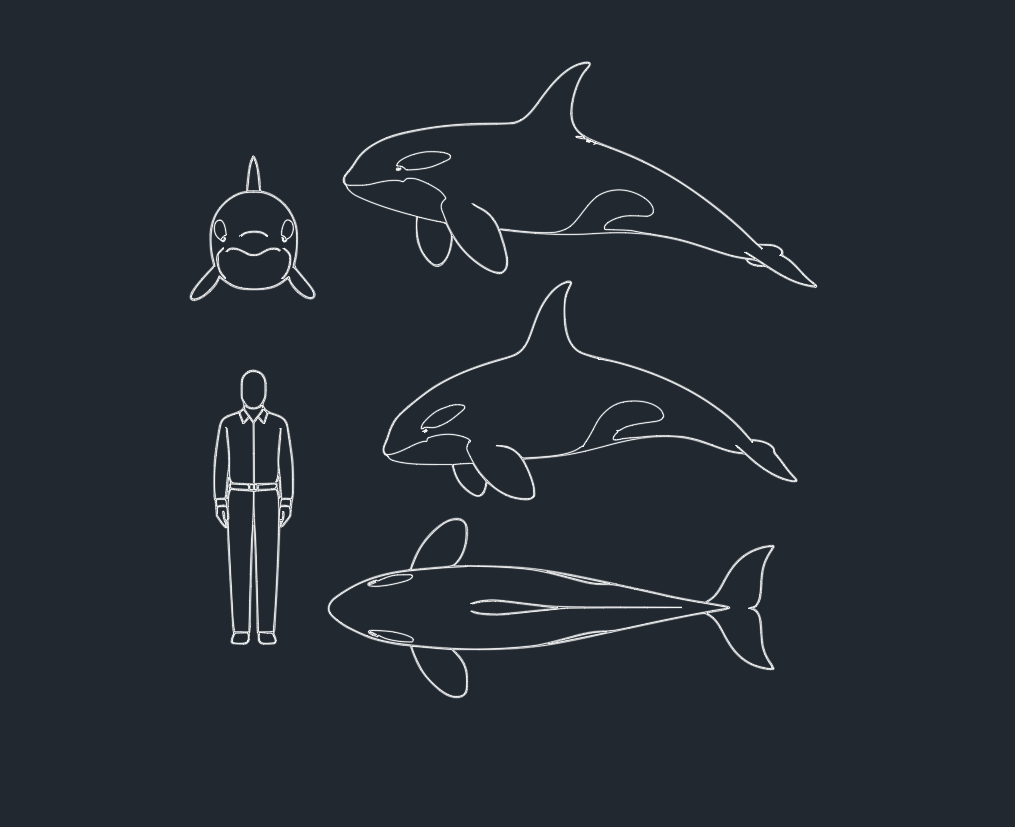
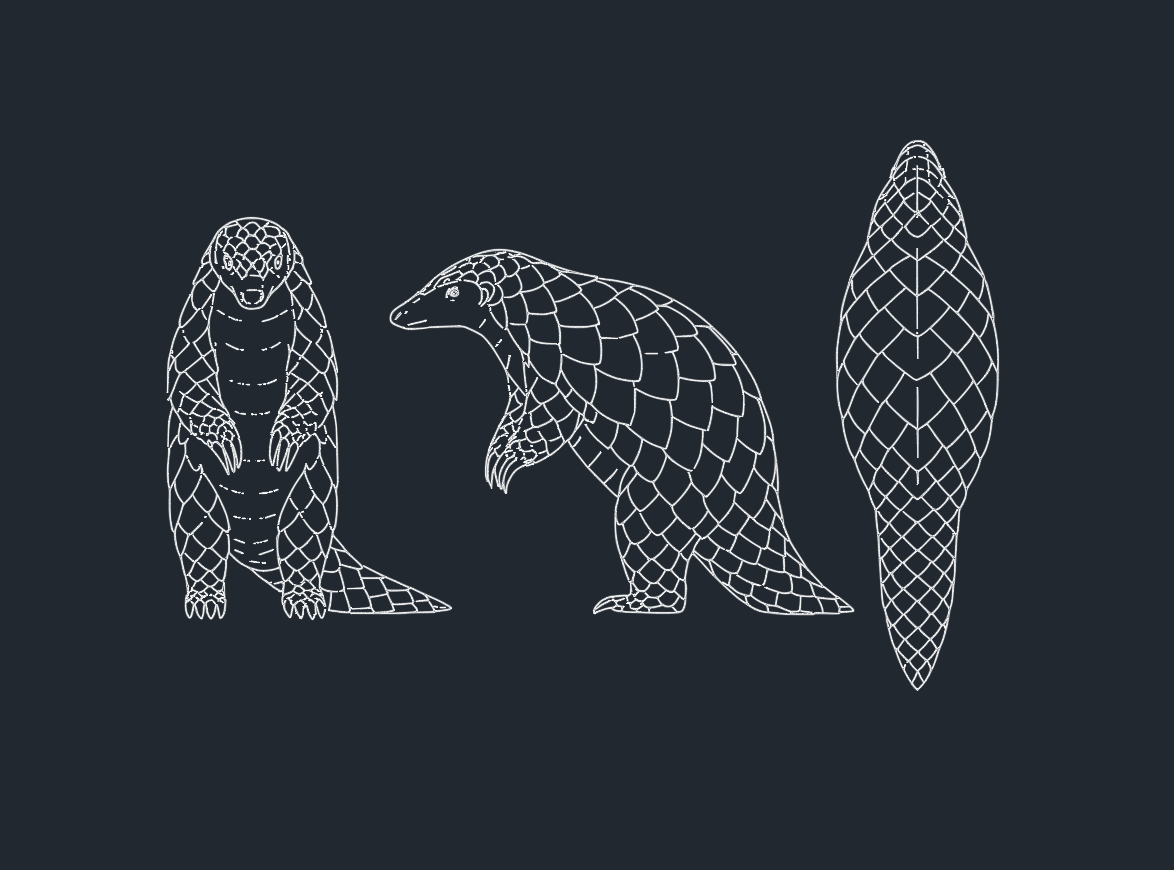
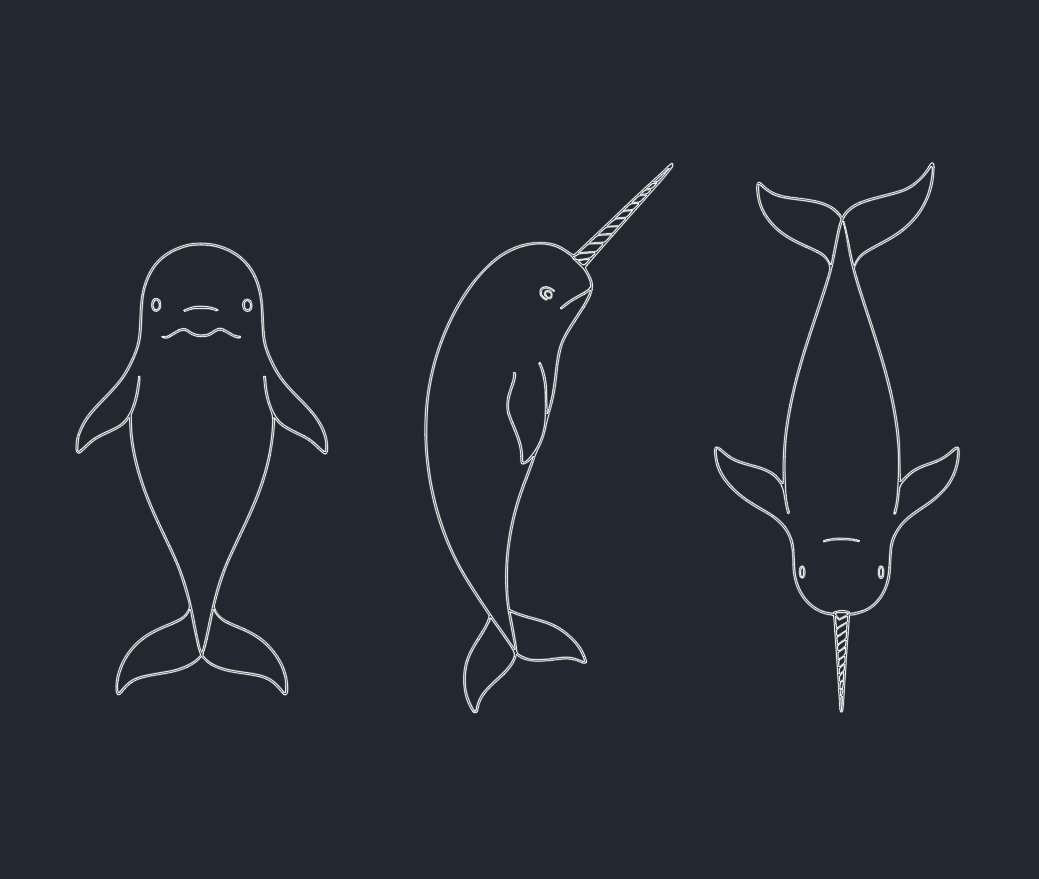
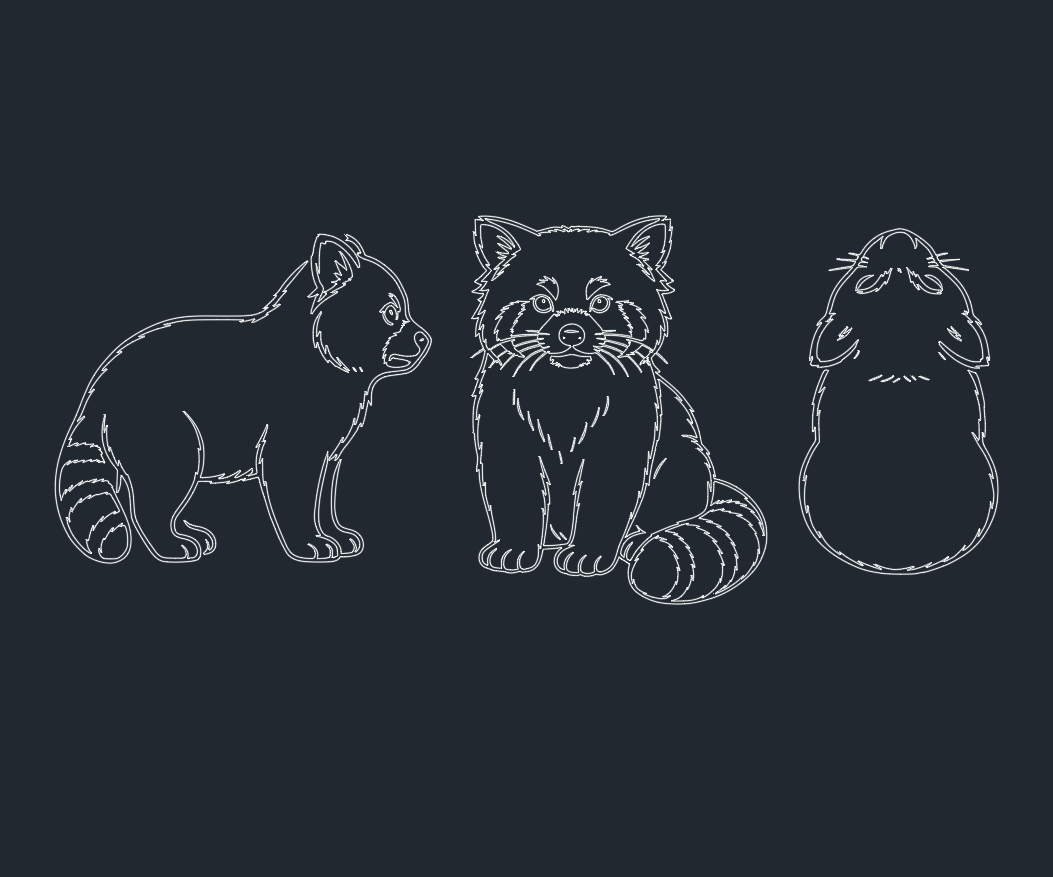
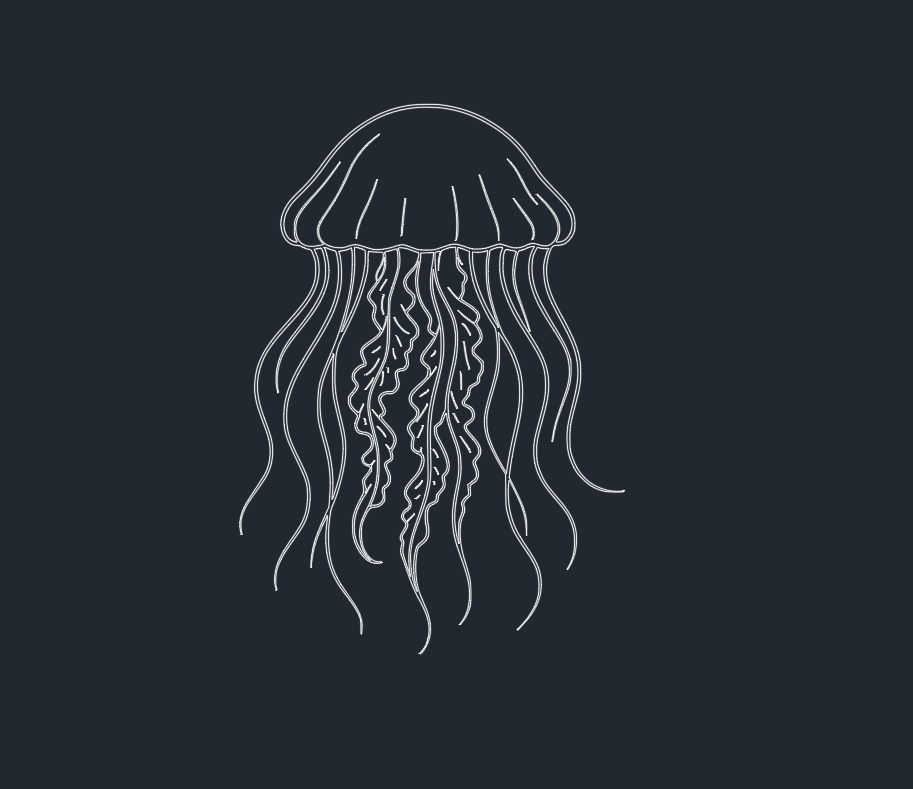
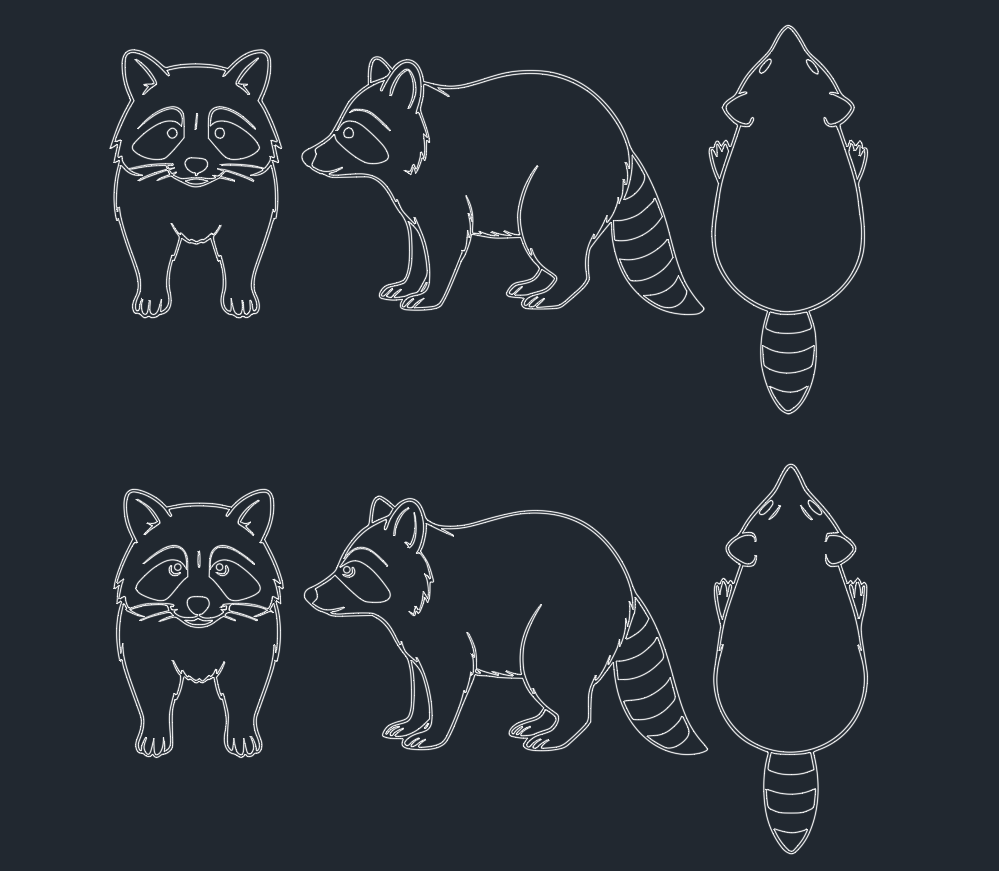
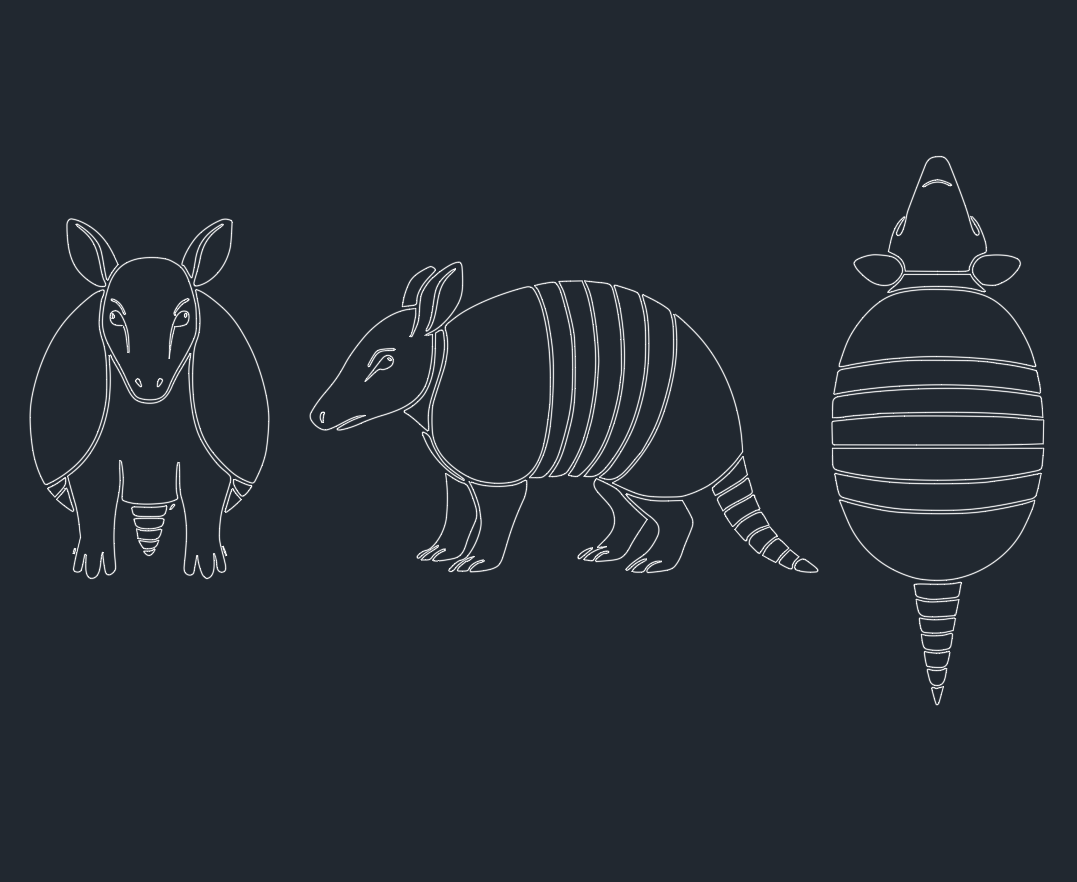
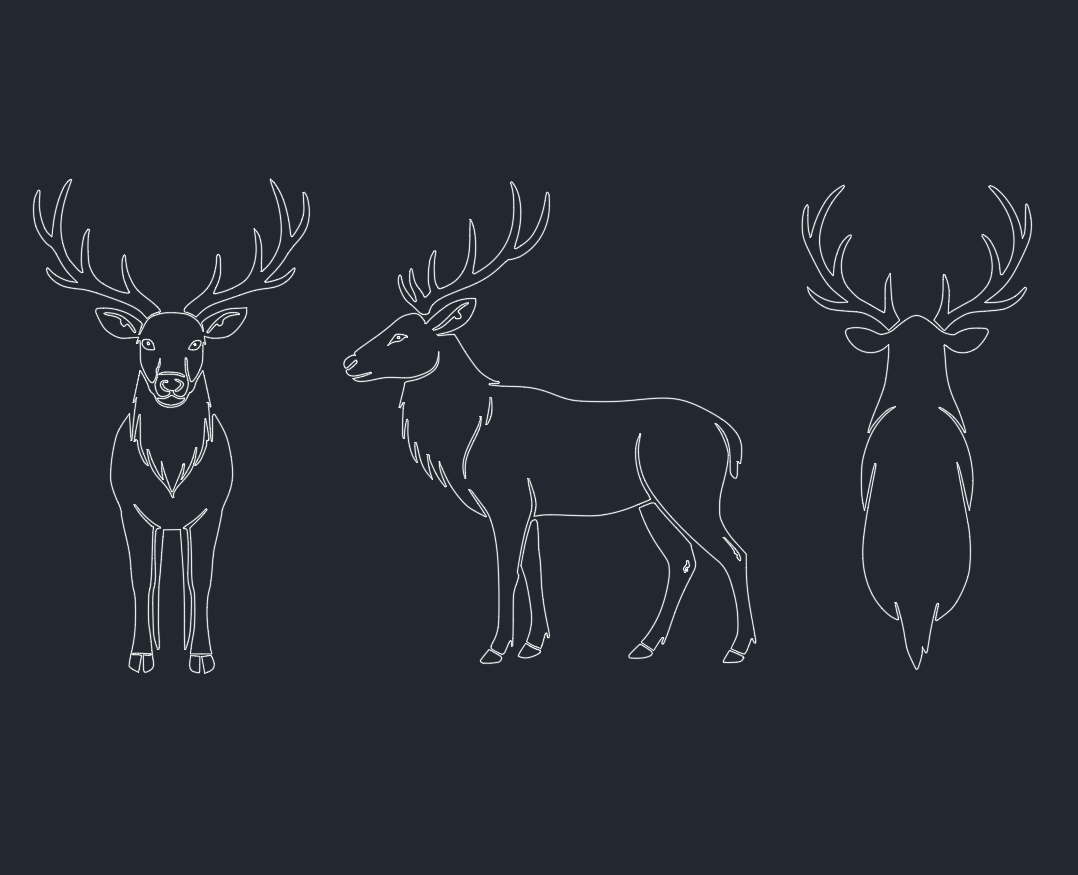
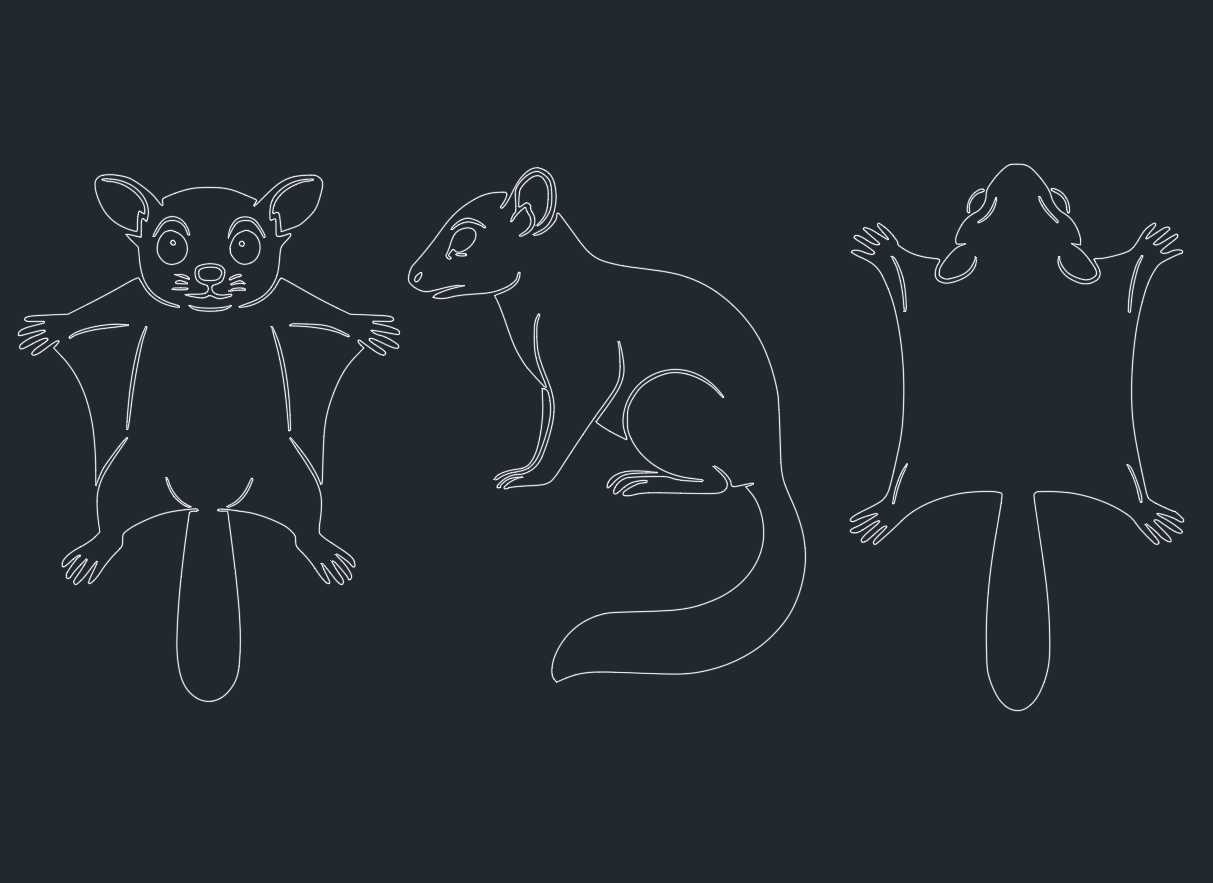
Leave a Reply
You must be logged in to post a comment.